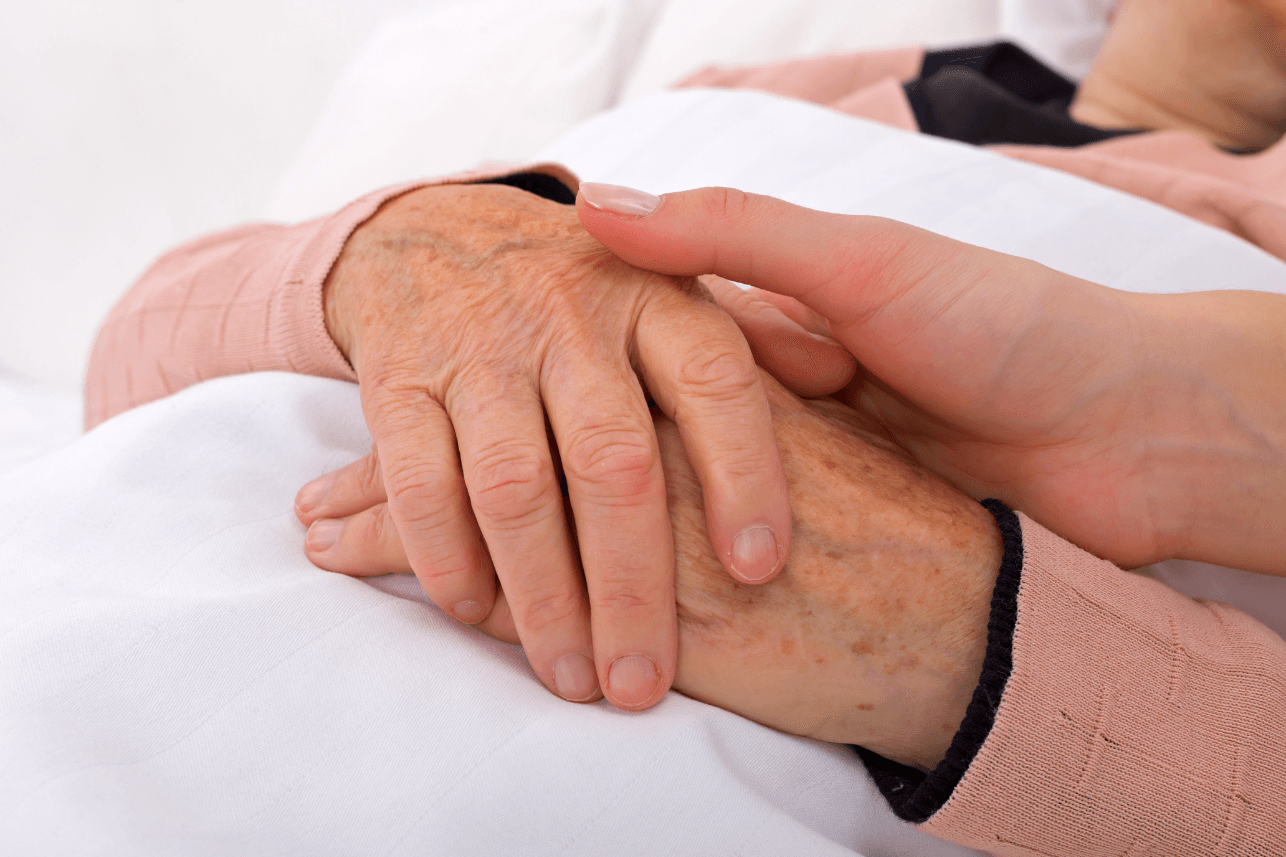
Starting Over after Caregiving Ends
Dee Bustos
Seniors
Nov 04, 2022
7 min read
When you're caring for someone, there's a unique bond that forms between you—one that's unlike any other relationship. You see their struggle and their pain, but also their joy and strength.
So when caregiving ends–when the person you’re caring for passes away, it's only natural to feel an overwhelming sense of grief. We don’t just face the sorrow of losing a loved one but also our purpose or role in their lives.
As you go through your own grief after the loss of a loved one, it's important to know that these feelings are normal—and that they won't always be this intense. Here are some tips for coping with loss after caregiving has ended:
Accept your feelings.
You've been through a lot. You're a caregiver, and now you're not. You may be dealing with a mix of emotions. Accept that your feelings are normal and might be hard to process but you don’t have to keep them bottled up.
Let go of guilt.
When your caregiving role comes to an end, it's normal to feel guilty. You may find yourself beating yourself up for not doing enough. There is no way of knowing what life would have been like if you had done this or that, but there are ways you can learn from this experience.
- To let go of guilt:
Talk about it with someone you trust. It can help to process these feelings with someone who will listen compassionately and not judge the choices that were made.
Connect with others.
When you're grieving the loss of a loved one, it can be tempting to isolate yourself. You might feel like no one understands what you're going through or that they'll only make things worse by talking about them. But don't fear asking for help.
When someone close to you dies, there are many resources available to provide emotional support and connect with others who have experienced similar losses. You may want to consider joining a support group or opening up to trusted friends. You may also consider seeking professional counseling if necessary; this can be especially useful when dealing with complicated emotions such as anger, guilt, shame or self-blame.
Take care of yourself.
It's hard to know what to do when you're grieving. You may feel like you have to be strong for your family and friends, but it's also important to take care of yourself. Make sure you’re eating healthy, taking time to go outside, not bottling up your emotions, and asking for help when you need it. Remember to take things one step at a time and to make sure that you’re doing what feels right for YOU.
Honor their memories.
There are many ways to keep their memory alive. These might include:
- Remembrance: You can create a memory book or scrapbook that includes photos, letters, cards and other memorabilia from the time you spent together.
- Celebrations: Find opportunities to celebrate birthdays, anniversaries, holidays, and other special dates with friends and family members who you can cherish your loved one’s memory with.
Find meaning in what comes next.
When you have spent years taking care of a loved one, it can be difficult to get back on track with your own life. To cope with this transition, try to find meaning in what comes next.
Think about how your experience has changed you as a person. Perhaps you’ve learned patience, persistence, or compassion—qualities that will serve you well in other relationships and situations. Maybe this experience has given you greater insight into the lives of others who need help at some point in their lives—and now that gift is yours for the giving!
Grief is a natural response to loss, and there are many ways to cope with it. Remember that you don’t have to have all the answers immediately, and that it’s okay if your feelings change over time. Just remember that you’re not alone, and there are many who can support you throughout these difficult times.
Take care of yourself!
Tips for Caring for a Person with Alzheimer’s

Tips for Reducing Caregiver Holiday Stress During The Holidays




